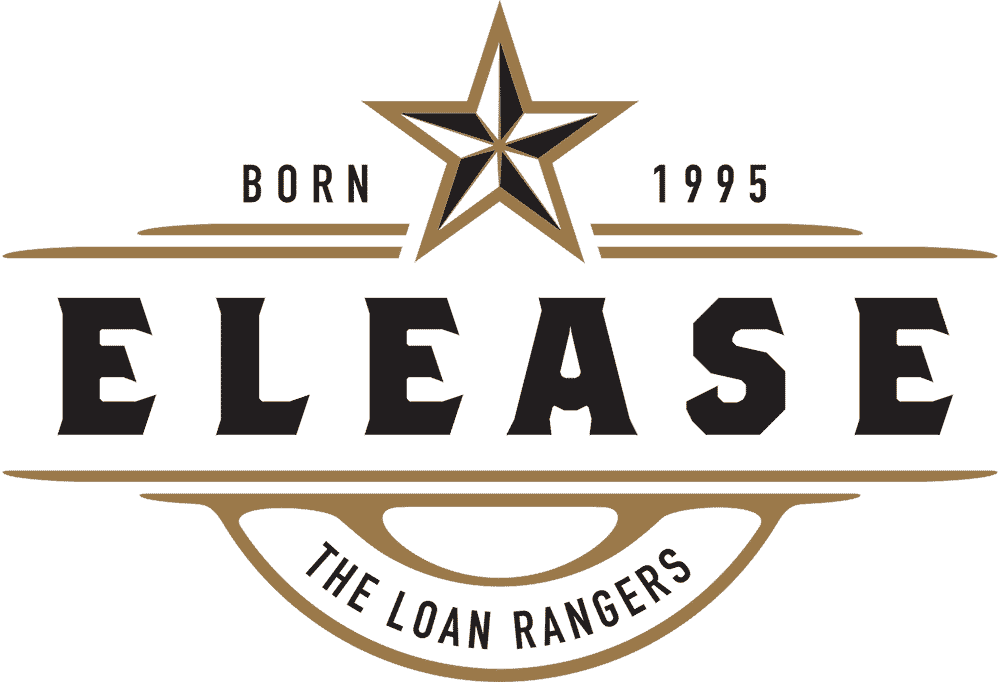| Lender | NerdWallet rating | Best For | Max loan amount | Min. time in business | Min. interest rate | Term length | Learn more |
|---|---|---|---|---|---|---|---|
| with Fundera by NerdWallet | Read expert review | fast funding | $500,000 | 24 months | 22.45% | 6 months to 5 years | with Fundera by NerdWallet |
| with Fundera by NerdWallet | Read expert review | repayment terms up to 25 years | $5,000,000 | 24 months | 9.75% | Up to 25 years | with Fundera by NerdWallet |
| with Fundera by NerdWallet | Read expert review | startups | $250,000 | 12 months | 9.99% | 18 months to 3 years | with Fundera by NerdWallet |
| with Fundera by NerdWallet | Read expert review | low interest rates | $100,000 | 24 months | 6.5% | 12 months to 5 years | with Fundera by NerdWallet |
| with Fundera by NerdWallet | Read expert review | bad credit | $50,000 | Undisclosed | 8% | Up to 7 years | with Fundera by NerdWallet |
| with Fundera by NerdWallet | equipment financing | Undisclosed | 6 months | 7.5% | 24 months to 6 years | with Fundera by NerdWallet | |
| with Fundera by NerdWallet | Read expert review | financing commercial real estate | $5,000,000 | 24 months | 5% | 10 to 25 years | with Fundera by NerdWallet |
long-term business loans: More details
iBusiness Funding: Best for fast funding
iBusiness Funding - Online term loan
with Fundera by NerdWallet
Pros
- Cash can be available within two business days.
- Competitive rates among online lenders.
- Terms up to five years.
- iBusiness Funding also offers SBA loans up to $5 million.
Cons
- Charges an origination fee.
- Must be in business for a minimum of 24 months.
- Minimum credit score is higher than some other lenders.
Pros
- Cash can be available within two business days.
- Competitive rates among online lenders.
- Terms up to five years.
- iBusiness Funding also offers SBA loans up to $5 million.
Cons
- Charges an origination fee.
- Must be in business for a minimum of 24 months.
- Minimum credit score is higher than some other lenders.
with Fundera by NerdWallet
U.S. Small Business Administration: Best for repayment terms up to 25 years
SBA 7(a) loan
with Fundera by NerdWallet
Pros
- Large borrowing maximums.
- Interest rates are capped.
- Long repayment terms available.
Cons
- Collateral is typically required.
- Longer processing times than online lenders.
Pros
- Large borrowing maximums.
- Interest rates are capped.
- Long repayment terms available.
Cons
- Collateral is typically required.
- Longer processing times than online lenders.
with Fundera by NerdWallet
Accion: Best for startups
Accion Opportunity Fund Small Business Working Capital Loan
with Fundera by NerdWallet
Pros
- Loan amounts from $5,000 to $250,000.
- Customized loan terms.
- No prepayment penalty.
Cons
- Slower processing speed compared with online lenders.
- Charges an origination fee.
- Not available in all U.S. states.
Pros
- Loan amounts from $5,000 to $250,000.
- Customized loan terms.
- No prepayment penalty.
Cons
- Slower processing speed compared with online lenders.
- Charges an origination fee.
- Not available in all U.S. states.
with Fundera by NerdWallet
Bank of America: Best for low interest rates
Bank of America Business Advantage Unsecured Term Loan
with Fundera by NerdWallet
Pros
- Bank loan with competitive interest rates.
- No collateral required.
- Bank of America’s Preferred Rewards program can offer interest rate discounts and other perks.
Cons
- Can be slow to fund.
- Prepayment fees may apply to early repayments.
- Must be an existing Bank of America customer to apply online.
- Charges an origination fee.
Pros
- Bank loan with competitive interest rates.
- No collateral required.
- Bank of America’s Preferred Rewards program can offer interest rate discounts and other perks.
Cons
- Can be slow to fund.
- Prepayment fees may apply to early repayments.
- Must be an existing Bank of America customer to apply online.
- Charges an origination fee.
with Fundera by NerdWallet
U.S. Small Business Administration: Best for bad credit
SBA microloan
with Fundera by NerdWallet
Pros
- Can be used for a variety of funding purposes.
- Designed to finance traditionally underserved businesses.
- Startups and business owners with bad credit may be able to qualify.
- Competitive interest rates, low fees and long repayment terms.
- Intermediaries typically offer business training and educational resources.
Cons
- Loan amounts max out at $50,000.
- Can’t be used to pay existing debt or purchase real estate.
- Collateral is likely required.
- Slow funding timeline.
Pros
- Can be used for a variety of funding purposes.
- Designed to finance traditionally underserved businesses.
- Startups and business owners with bad credit may be able to qualify.
- Competitive interest rates, low fees and long repayment terms.
- Intermediaries typically offer business training and educational resources.
Cons
- Loan amounts max out at $50,000.
- Can’t be used to pay existing debt or purchase real estate.
- Collateral is likely required.
- Slow funding timeline.
with Fundera by NerdWallet
eLease: Best for equipment financing
eLease - Equipment financing
with Fundera by NerdWallet
Pros
- No loan or leasing maximums.
- No minimum revenue requirement.
- Startups and low credit scores accepted.
Cons
- Must apply over the phone.
Pros
- No loan or leasing maximums.
- No minimum revenue requirement.
- Startups and low credit scores accepted.
Cons
- Must apply over the phone.
with Fundera by NerdWallet
U.S. Small Business Administration: Best for financing commercial real estate
SBA CDC/504 loan
with Fundera by NerdWallet
Pros
- Low down payment required.
- Repayment terms of up to 25 years.
- Competitive interest rates.
Cons
- Must meet job creation or public policy goals to qualify.
- Longer processing times than online lenders.
Pros
- Low down payment required.
- Repayment terms of up to 25 years.
- Competitive interest rates.
Cons
- Must meet job creation or public policy goals to qualify.
- Longer processing times than online lenders.
with Fundera by NerdWallet
How to compare long-term business loans
What is a long-term business loan?
Overview of long-term loans




Long-term business loans vs. short-term business loans
| Long-term business loans | Short-term business loans | |
|---|---|---|
| Repayment schedule | Monthly payments. | Weekly or daily payments. |
| Repayment terms | Three to 10 years. | Three to 24 months. |
| Interest rates | Lower annual percentage rates (varies by lender and qualifications). | Higher annual percentage rates (varies by lender and qualifications). |
| Borrower requirements | Stricter requirements: strong revenue, multiple years in business and good personal credit. | More lenient: may accept startups and borrowers with bad credit. |
| Funding speed | Slower funding, especially for large business loans. | Faster funding, sometimes within 24 hours. |
| Use cases | Large investments for business growth, expansion or renovation. | Working capital needs and emergency expenses. |
How do long-term business loans work?
Types of long-term business loans
SBA loans
Bank and credit union business loans
Online business loans
How to get a long-term business loan
1. Evaluate your financing needs
2. Review your qualifications
- Compare the best business loans for bad credit.
- Learn more about startup business loans.
3. Compare business lenders
4. Gather your documents and apply
5. Sign your loan agreement and get funds
Frequently asked questions
How Fundera by NerdWallet works
Fill out one simple application
Answer a 3-minute questionnaire about your business to get personalized lending options. It’s free and won’t impact your credit score.
See your business loan options
Compare interest rates and repayment terms to choose the best product for your needs.
Get your loan
If the lender approves you, you’ll sign closing documents in order to receive funds. Some lenders can approve and fund loans within one business day.







